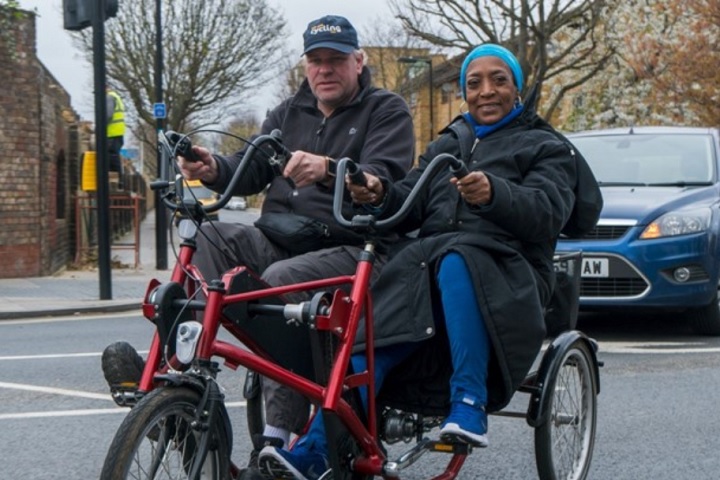
Confidence, security and financial issues are three barriers that are preventing those from ethnic minority groups and other disadvantaged communities from cycling, a new report finds.
The Cycling for Everyone report, published by Sustrans and Arup, highlights inequalities between different demographics, including those from ethnic minority groups, women, disabled people, older people, and those at greater risk of deprivation.
The report shows that of the 74% of people from ethnic minority groups living in cities and towns do not currently cycle, 55% would like to start.
Addressing the reasons why people from ethnic minority groups choose not to cycle, 33% were not confident in their skills – while 25% stated a lack of facilities at home or work, such as secure cycle storage.
One in five (20%) said the cost of a suitable cycle stopped them from cycling.
Key recommendations of the report include an extension of the UK Government’s Cycle to Work Scheme to include those in low-income jobs, as well as support to those not in employment.
The report also urges the need for improvements in secure cycle storage in residential areas, and particularly for flats and high-rise buildings where storing a cycle inside may prove challenging.
It says free cycle training needs to be provided to all children and adults, and cycling infrastructure expanded to reach areas where transport options are poor and high traffic levels exist.
Daisy Narayanan, director of urbanism at Sustrans, said: “This report brings to light that for too long, the needs of so many have been ignored within cycle planning and development.
“In order to work towards real change and make cycling more inclusive, we call upon the industry, local authorities and central government to welcome and support all people to cycle.
“It is only when we move away from exclusively designing towns and cities for those who already have access to move through spaces with ease, can we really create equitable places to live and work.”
Comment on this story